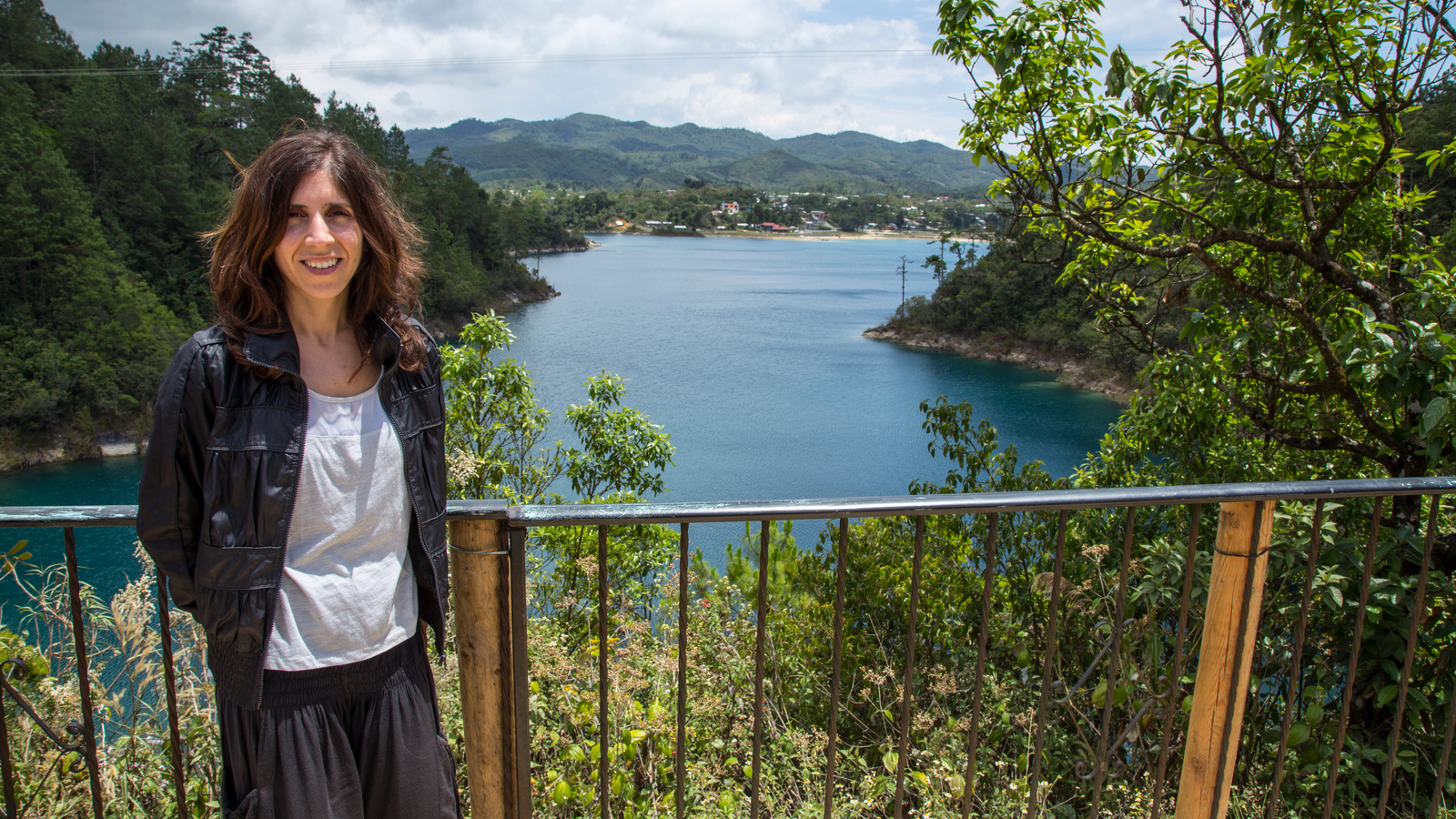Expat Life in Honduras: Cost of Living, Visas, and Cultural Insights 🌴

Are you considering a move to Honduras? This Central American gem offers affordable living, stunning beaches, and a relaxed lifestyle, making it an attractive destination for expats. Whether you’re drawn to the Caribbean charm of Roatán or the Mayan ruins of Copán, Honduras has something for everyone.
In this detailed guide, we’ll cover:
✅ Cost of living in Roatán, Copán, and other cities
✅ Visa and residency tips for foreigners
✅ Cultural differences to expect
✅ Safety, healthcare, and lifestyle insights
By the end, you’ll have a clear picture of expat life in Honduras and whether it’s the right move for you.
🌴 Why Move to Honduras?
Honduras is known for its:
- Low cost of living (compared to the U.S., Canada, or Europe)
- Beautiful beaches (Roatán, Utila, Tela)
- Rich Mayan history (Copán Ruins)
- Warm, welcoming locals
- Favorable climate (tropical year-round)
However, it’s not without challenges—infrastructure, safety, and bureaucracy can be hurdles. Let’s break down what you need to know.
💰 Cost of Living in Honduras (Roatán vs. Copán vs. Tegucigalpa)
Honduras is one of the most affordable countries in Central America, but costs vary by location.
🏝 Roatán (Bay Islands) – Caribbean Living
Popular with expats, Roatán offers beachfront living but at a higher cost than the mainland.
- Rent: $600–$1,500/month (1-3 bedroom apartment)
- Groceries: $200–$400/month (imported goods cost more)
- Dining Out: $5–$15 per meal (local vs. tourist spots)
- Utilities: $100–$200/month (electricity can be pricey)
- Transport: Taxis ($3–$10), scooter rentals ($150/month)
💡 Tip: West End is expat-friendly but pricier; Sandy Bay is more affordable.
🏛 Copán – Colonial & Cultural Hub
Famous for its Mayan ruins, Copán is cheaper and quieter than Roatán.
- Rent: $300–$800/month (colonial-style homes)
- Groceries: $150–$300/month (local markets are cheap)
- Dining Out: $3–$10 per meal
- Utilities: $80–$150/month
- Transport: Buses ($1–$3), taxis ($2–$5)
💡 Tip: Great for retirees and digital nomads who love history.
🏙 Tegucigalpa (Capital City) – Urban Living
More expensive than smaller towns but offers better infrastructure.
- Rent: $400–$1,200/month
- Groceries: $200–$400/month
- Dining Out: $5–$20 per meal
- Utilities: $100–$250/month
- Transport: Buses ($0.50), Uber ($3–$10)
💡 Tip: Upscale neighborhoods like Colonia Palmira are safer but pricier.
🛂 Visa and Residency Tips for Foreigners
Honduras offers several visa options:
1. Tourist Visa (90 Days)
- Most nationalities get 90 days on arrival.
- Can be extended for another 30–90 days at immigration offices.
2. Rentista Visa (Retirement/Passive Income)
- Requirement: $2,500/month stable income (pension, investments).
- Benefits: Renewable yearly, leads to permanent residency.
3. Investor Visa
- Requirement: $50,000+ investment in property/business.
- Benefits: Fast-track to residency.
4. Work Visa
- Must have a job offer from a Honduran company.
- Employer handles paperwork.
5. Permanent Residency
- After 3 years on a temporary visa, you can apply.
- No restrictions on work or business.
💡 Tip: Hire a local lawyer—Honduran bureaucracy can be slow!
🌎 Cultural Differences to Expect
1. “Hora Catracha” (Honduran Time) ⏳
- Punctuality is flexible—meetings often start late.
- Social events may run hours behind schedule.
2. Warm but Reserved Social Norms 🤝
- Hondurans are friendly but formal at first.
- Greetings matter—handshakes for men, cheek kisses for women.
3. Family-Centric Society 👨👩👧👦
- Family gatherings are frequent and important.
- Elders are highly respected.
4. Direct vs. Indirect Communication 🗣
- Hondurans avoid confrontation—may say “yes” to avoid offense.
- Learn to read non-verbal cues.
5. Safety Awareness 🔐
- Avoid flashing wealth (expensive watches, phones).
- Use registered taxis/Uber at night.
🏥 Healthcare for Expats
- Public hospitals are cheap but overcrowded.
- Private clinics (like Hospital Honduras Medical Center) offer better care.
- Health insurance: $50–$200/month (international plans recommended).
💡 Tip: Pharmacies sell many medications without prescriptions.
🚗 Getting Around Honduras
- Buses: Cheap ($1–$10) but slow.
- Taxis/Uber: Safe in cities (negotiate fares first).
- Car rentals: $30–$70/day (roads can be rough).
💡 Tip: In Roatán, scooters are popular for short trips.
✅ Pros and Cons of Living in Honduras
👍 Pros:
✔ Low cost of living
✔ Beautiful nature & beaches
✔ Friendly locals
✔ Simple residency process
👎 Cons:
❌ Safety concerns (petty crime, gang areas)
❌ Slow bureaucracy
❌ Limited infrastructure (power outages, bad roads)
🏡 Best Places for Expats in Honduras
- Roatán – Best for beach lovers 🏖
- Copán Ruinas – Best for history/culture 🏛
- La Ceiba – Best for adventure (jungles, rivers) 🌿
- Tegucigalpa – Best for city amenities 🏙
🔍 FAQ: Expat Life in Honduras
1. Is Honduras safe for expats?
Some areas are safer than others. Roatán and Copán are expat-friendly, while cities like San Pedro Sula have higher crime rates.
2. How much money do I need to live comfortably?
A single expat can live well on $1,200–$2,500/month, depending on location.
3. Can I buy property as a foreigner?
Yes! Foreigners have the same property rights as locals.
4. Do I need to speak Spanish?
In tourist areas (Roatán), English is common. Elsewhere, basic Spanish helps.
5. What’s the best visa for retirees?
The Rentista Visa (proof of $2,500/month income) is ideal.
🌿 Final Thoughts: Is Honduras Right for You?
Honduras offers affordable living, natural beauty, and a relaxed lifestyle—but it’s not for everyone. If you’re flexible, safety-conscious, and love adventure, it could be your perfect expat destination.
Ready to make the move? Start by visiting first to test the waters!
Would you live in Honduras? Let us know in the comments! 👇 #ExpatLife #HondurasLiving
Discover more from SuqMall
Subscribe to get the latest posts sent to your email.

